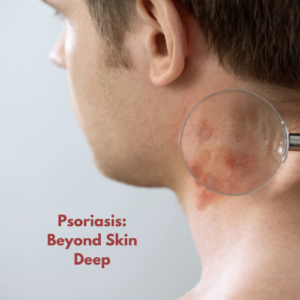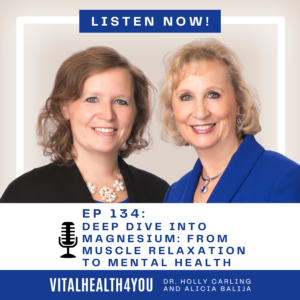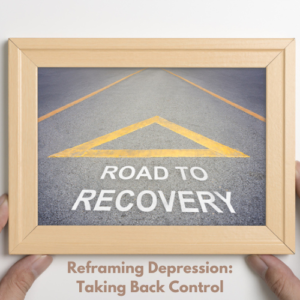Much research has focused on the causes of Alzheimer’s Disease (AD). With estimates suggesting that 16 million Americans will have Alzheimer’s by the year 2050, it is imperative that we pay more attention to this threatening onslaught. It is becoming more apparent that AD is tightly linked to glucose metabolism issues in the brain and body, to the extent that some researchers have nicknamed Alzheimer’s Disease “Type 3 Diabetes”.
Glucose regulation in the brain is complex, too complex to go into in the limited space herein available. However, there are some important insights that we have and things we can do today to prevent this devastating disease.
Although genetics can provide profound insight into the likelihood of developing, AD, the field of epigenetics gives us hope. We now know that we can affect our gene expression by our diet, lifestyle and even environment. There is evidence that Alzheimer’s disease can begin at ages as early as the 20’s and 30’s, even though there may be no sign of cognitive dysfunction. So even though we see the cascade of dementia as we age, it starts early on, and we can have an absolute preventive impact as we understand our responsibility in it.
The first of that is how hyperinsulinism (too much insulin in the body resulting from high sugar intake) affects the brain. AD and hyperinsulinism are referred to as physiological cousins, meaning, they both result in similar underlying metabolic imbalances. Glucose dysregulation causes damaging effects to the cells, the receptor sites, the ability of the brain to uptake glucose properly, contributes to issues of insulin binding or resistance, and extensive plaquing. Glycation of the cells (basically sugar sticking to the cell walls) is not only a marker of diabetes, but a marker for Alzheimer’s Disease as well. The solution that is well within our ability to control, is to eliminate sugar intake. To the degree that we eat sugar, or don’t eat it, we can somewhat predict the likelihood of developing AD. It’s as simple as that.
The second is involved in lipid processing. Lipids (fats) are important elements in healthy brain cell development and function. Lipid peroxidation in the cell, caused in part by harmful fats in the diet (hydrogenated fats, vegetable oils, etc.), causes damage to cell membranes resulting in the inability of the brain to use fatty acids (essential fats) as fuel. While glucose is an easier fuel for the brain, the brain prefers fats – the mechanisms are healthier and work better. If sugar is in abundance in the body, or good fats are deficient in the body, the brain uses the sugar, to its detriment. If good fats are available, and sugar levels are low, the brain will use the fat. Adding healthy fat to the diet is a good preventive measure.
While understanding the Alzheimer’s Disease mechanism is still in its infancy, it is clear today, that sugar/insulin dysregulation appears to be at the heart of it. Fortunately, we have tools to circumvent it. If sugar control is an issue for you, consider acupuncture to help control sugar cravings and begin the process of supporting vigorous brain health.
©2014 Holly A. Carling, O.M.D., L.Ac., Ph.D.
Medical/Health Disclaimer:
The information provided in this article should not be construed as personal medical advice or instruction. No action should be taken based solely on the contents of this article. Readers should consult appropriate health professionals on any matter relating to their health and well-being. The information and opinions provided here are believed to be accurate and sound, based on the best judgment available to the author, but readers who fail to consult appropriate health authorities assume the risk of any injuries.







